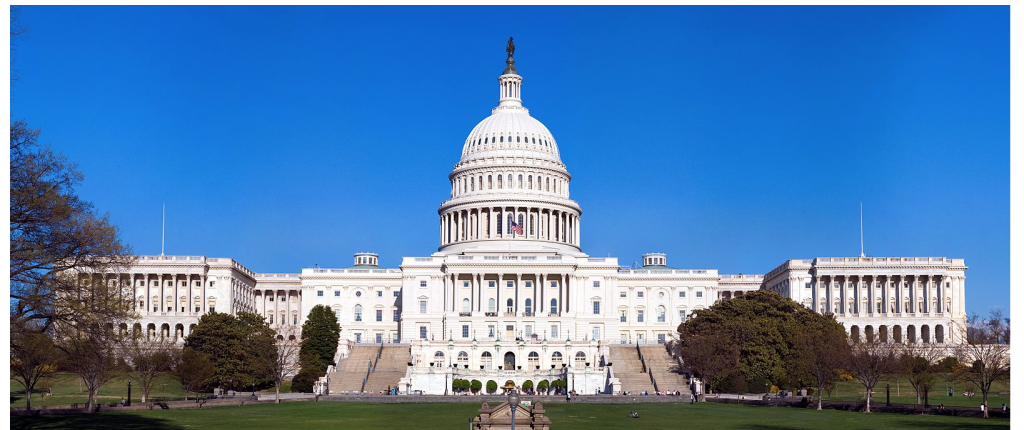
Congressional oversight is heating up for high tech’s Big Four.
Government Oversight Proposals Target Big Tech Companies in U.S., Europe
The U.S. Congress, as well as the European Union, are taking a serious position regarding Big Tech and the way many companies have acquired their way into near-monopoly status. Monopolies, in theory, have been illegal in America since Teddy Roosevelt took the presidential oath of office and ushered in the Sherman Anti-Trust Act.
The law declared illegal all combinations “in restraint of trade.” For the first 12 years of its existence, the Sherman Act was a paper tiger, and courts routinely sided with business. For example, the American Sugar Refining Company controlled 98 percent of the sugar industry. Despite this virtual monopoly, the Supreme Court refused to dissolve the corporation in an 1895 ruling. The only time an organization was deemed in restraint of trade was when the court ruled against a labor union.
While we may think that the comparison to then and now might be a bit of a stretch, a story on geekwire.com shows how things have not changed as much as we think.
Federal lawmakers introduced a wave of legislation Friday that collectively seeks to change the way large tech companies such as Amazon, Apple, Google, and Facebook do business and dominate their respective marketplaces.
The five bills would create a framework to dismantle large tech companies into smaller ones (Amazon and Amazon Web Services, for example); to make mergers more expensive and difficult; to break up businesses that use their dominance in one area to get a stronghold in another, and to stop companies that create purportedly open marketplaces and only to game it to favor their own products.
The sweeping package from House Democrats and Republicans comes after months of study and congressional inquiries about the enormous power and financial reach of Big Tech and the existing regulation to curtail it.
As the New York Times noted, “Amazon, Apple, Facebook, and Google have a combined market capitalization of $6.3 trillion, four times more than the value of the country’s 10 largest banks.”
Across the Pond Changes Are Also Coming
The EU has been working since December of 2020 on The Digital Services Act and The Digital Markets Act. Both go farther than any American tech company even wants to think about. Here are some of the EU’s basic new rules on big tech:
- Big tech firms face yearly checks on how they are tackling illegal and harmful content under new rules unveiled by the European Commission.
- Fresh restrictions are also planned to govern their use of customers’ data and to prevent the firms from ranking their own services above competitors in search results and app stores.
- The measures are intended to overhaul how the EU regulates digital markets.
- Large fines and break-ups are threatened for non-compliance.
The Digital Services Act and the Digital Markets Act aim to revamp the way Big Tech companies and digital services operate, from moderating illegal and harmful content to reining in competition oversteps.
The Senate recently approved the bipartisan Endless Frontier Act which, if passed by the House, would put nearly $250 billion into promoting specific emerging technologies in the U.S. that China seeks to dominate, including quantum computing, artificial intelligence, and robotics among other things.
Friday’s legislative package is based on the House’s antitrust hearings over the past 16 months. If approved by Congress and signed by the president, the bills would be the most significant overhaul of competition laws dating back to what was known as the “Gilded Age” of the railroad, oil, and steel magnates and their monopolies in the early 20th Century.
Remember these bills are not as yet signed into law.
Will we be seeing a similar digital services act here in the U.S.? You probably can count on it.
read more at geekwire.com







Leave A Comment